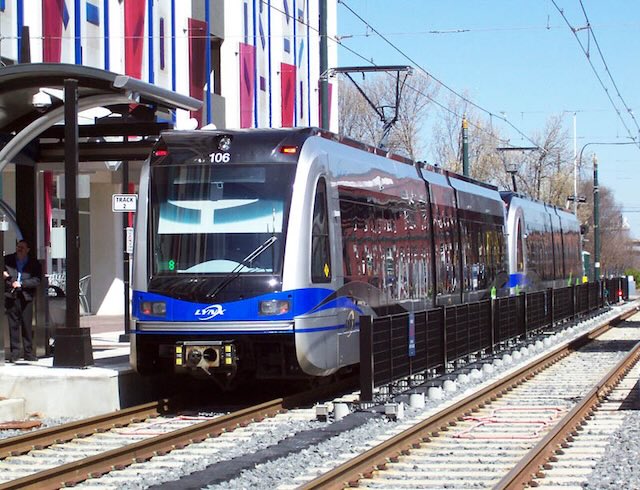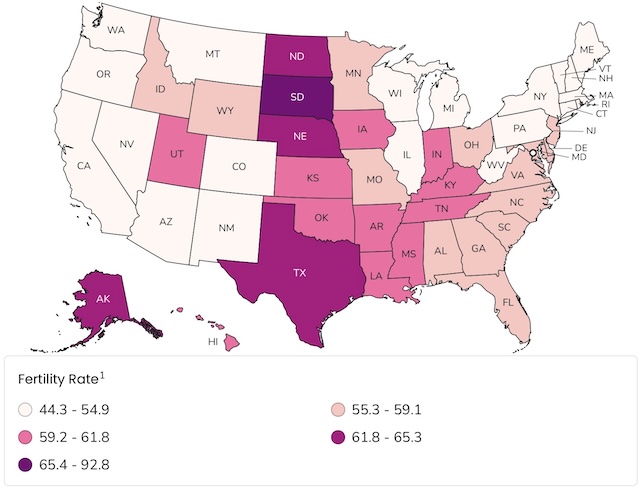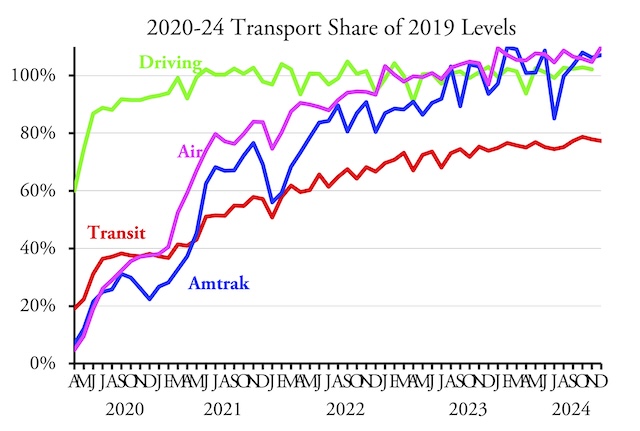Here’s the latest breathtaking finding from University of Oregon researchers: Fewer people (the article says “less people,” but it was written by journalists) ride transit during extreme weather events. As if we needed a university research study to tell us that.
There’s a flood, forest fire, tornado, or hurricane near your home today. Why aren’t you out riding transit? Photo by Howard Pelling.
Scholars at the University of Oregon Planning School wanted to know how climate change will affect transit ridership. Since everyone knows that climate change is going to increase severe weather events, they examined how such events affected ridership over the last 17 years. No one should be surprised to learn that ridership fell during such events. Continue reading














